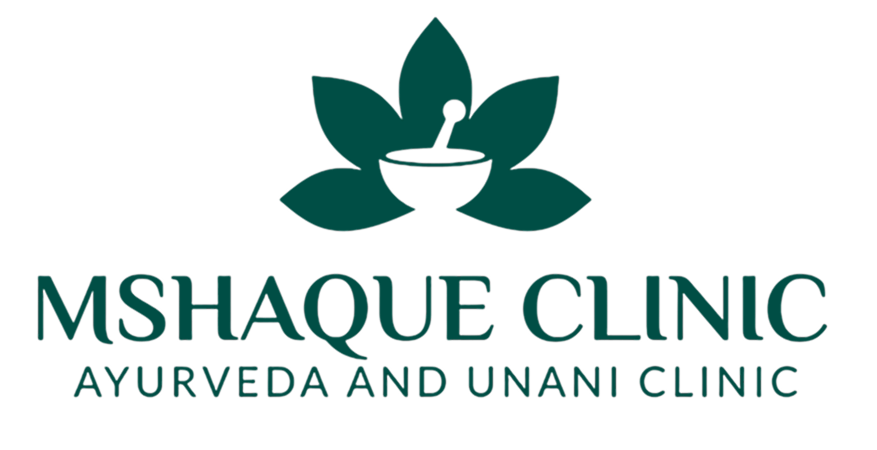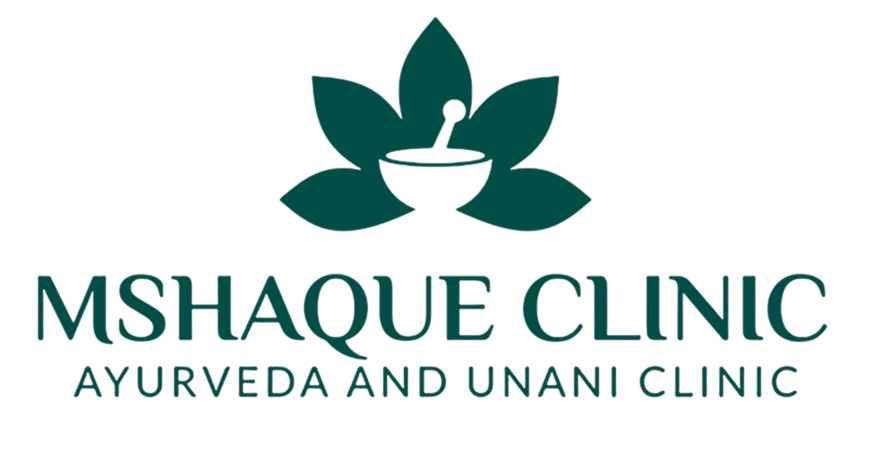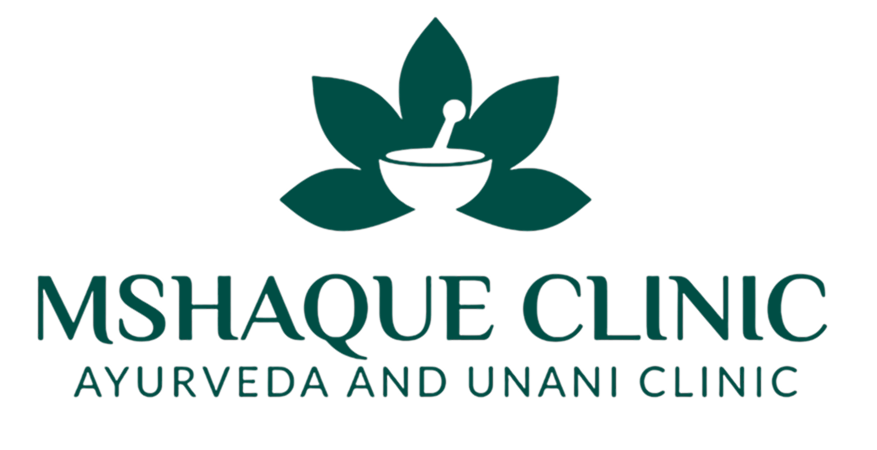Tinea Versicolor Ayurvedic Treatment: Tinea versicolor, or pityriasis versicolor, is a common fungal infection that affects the skin. It is caused by the Malassezia fungus and results in scaly, discolored patches on the skin, typically on the chest, back, neck, and arms. The condition is not contagious, but it can be unsightly and uncomfortable. This article will explore Ayurvedic treatments for tinea versicolor, including herbal remedies, dietary changes, and lifestyle modifications.
Ayurvedic Approach to Tinea versicolor ayurvedic treatment
The comprehensive medical system known as Ayurveda has its roots in India and dates back more than 5,000 years. It emphasizes the importance of maintaining a balance between the body, mind, and spirit to achieve optimal health. According to Ayurveda, tinea versicolor is caused by an imbalance in the body’s doshas or elemental energies. Specifically, it is believed to be caused by excess pitta dosha, which governs metabolism and digestion. You can visit the Mshaque Clinic to get the best Pityriasis versicolor treatment in Ayurveda. We have the greatest Ayurvedic practitioners who will treat your illness naturally.
The Ayurvedic approach to treating tinea versicolor involves addressing the underlying imbalances in the body causing the condition. This may include herbal remedies, dietary changes, and lifestyle modifications. The goal of Ayurvedic treatment is to restore balance to the body and promote overall health and well-being.
Herbal Remedies for Tinea
Versicolor Ayurveda utilizes various herbs and natural remedies for tinea versicolor ayurvedic treatment. The most often prescribed herbs for this ailment include:
- Neem: Neem is a powerful anti-fungal herb used in Ayurvedic medicine for centuries. It effectively treats Tinea-infected skin due to its anti-fungal and anti-inflammatory properties. Neem can be applied topically as a paste or oil or taken internally as capsules or tea.
- Turmeric: Turmeric is another potent anti-inflammatory herb commonly used in Ayurvedic medicine. It is effective in treating tinea versicolor because it reduces inflammation and fights fungal infections. Turmeric can be taken internally as capsules or tea or applied topically as a paste.
- Aloe Vera: Aloe vera is a soothing herb commonly used in Ayurvedic medicine to treat skin conditions. It is effective in treating tinea versicolor due to its anti-inflammatory and anti-fungal properties. Aloe vera gel can be applied topically to the affected areas of the skin.
- Tea Tree Oil: Tea tree oil is a powerful anti-fungal commonly used in Ayurvedic medicine. It is effective in treating tinea versicolor because it kills off fungal infections. Tea tree oil can be applied topically to the affected areas of the skin but should be diluted with a carrier oil first to avoid irritation.
- Guduchi: Guduchi is a powerful anti-fungal herb commonly used in Ayurvedic medicine to treat various skin conditions, including tinea versicolor. It helps to reduce inflammation and promote healing by boosting the immune system.
- Manjistha: Manjistha is another herb commonly used in Ayurvedic medicine to treat skin conditions. It helps to reduce inflammation and promote healing by improving circulation and detoxifying the blood.
- Haridra: Haridra, also known as turmeric, is a potent anti-inflammatory herb that is commonly used in Ayurvedic medicine to treat a variety of skin conditions, including tinea versicolor. It helps to reduce inflammation and fight off fungal infections by boosting the immune system. To get tinea versicolor symptoms treatment, you can visit the Mshaque Clinic. We have top Ayurveda specialists, like Dr. M. S. Haque and Dr. A. Perwaiz, who can treat your Pityriasis versicolor ailment using herbs and Ayurvedic medicine.
- When using herbal remedies for Tinea Versicolor Ayurvedic Treatment, it is essential to consult with a qualified Ayurvedic practitioner to determine the most practical combination of herbs for your individual needs. They can also guide dosage, preparation, and potential interactions with other medications or supplements you may be taking.
Dietary Changes for Tinea Versicolor
Ayurveda emphasizes the importance of a healthy diet in maintaining overall health and well-being. In the case of tinea versicolor, dietary changes can help restore balance and promote healing. Some dietary changes that may be beneficial for tinea versicolor include:
- Avoiding sugar and refined carbohydrates: These foods can contribute to an overgrowth of the Malassezia fungus that causes tinea versicolor.
- Eating a balanced diet: A diet rich in whole foods, fruits, and vegetables can help to promote overall health and support the body’s natural healing processes. Increasing intake of probiotics: Probiotics are beneficial bacteria that can help to restore balance to the microbiome and reduce the risk of fungal infections. Yogurt, kefir, and fermented vegetables are examples of foods high in probiotics. To get Pityriasis versicolor treatment, you can visit the Mshaque Clinic. We have top Ayurveda specialists, like Dr. M. S. Haque and Dr. A. Perwaiz, who can treat your Pityriasis versicolor ailment using herbs and Ayurvedic medicine.
- Avoiding spicy and acidic foods: These foods can increase inflammation in the body and aggravate the symptoms of tinea versicolor.
You can visit the Mshaque Clinic to understand Tinea versicolor causes. We have the greatest Ayurvedic practitioners who will treat your illness naturally.
Our Other Articles :
Leukoplakia Treatment In Ayurveda- All You Need To Know
Ayurvedic Fever Medicine- All You Need To Know
Ayurvedic Treatment For Carpal Tunnel Syndrome- All You Need To Know
Bone Fracture Treatment In Ayurveda- All You Need To Know
Ayurvedic Treatment For Teeth Cavities- All You Need To Know
Ayurvedic Cancer Medicines- All You Need To Know
Scoliosis Treatment In Ayurveda- Best Method To Get Cured
Ayurvedic Treatment Nephrotic Syndrome- All You Need To Know
H Pylori Ayurvedic Treatment- All You Need To Know
Lifestyle Modifications for Tinea Versicolor
In addition to herbal remedies and dietary changes, Ayurveda recommends certain lifestyle modifications to help treat Tinea versicolor. These may include:
- Maintaining good hygiene: Regular bathing and keeping the affected areas of the skin clean and dry can help prevent the Malassezia fungus’s growth.
- Avoiding tight-fitting clothing: Tight clothing can trap moisture and heat, creating an environment conducive to fungal growth. Loose, breathable clothing is recommended.
- Reducing stress: Stress can weaken the immune system and increase inflammation in the body, making it more susceptible to fungal infections. Deep breathing, yoga, and meditation are all relaxing practices that can lower stress and improve general well-being.
You can visit the Mshaque Clinic for Ayurveda’s best Tinea versicolor diagnosis. We have the greatest Ayurvedic practitioners who will treat your illness naturally.
Conclusion
Tinea versicolor is a common fungal infection that Ayurvedic remedies can effectively treat. By addressing the underlying imbalances in the body causing the condition, Ayurveda can help restore balance and promote healing. Herbal remedies, dietary changes, and lifestyle modifications can all be effective in treating tinea versicolor and can be combined for optimal results. If you are experiencing tinea versicolor, consult with a qualified Ayurvedic practitioner to develop a personalized treatment plan tailored to your individual needs.
The most trusted Ayurvedic facility in India is Mshaque Clinic. We provide our patients with the best Ayurvedic treatments and medications. Our exclusive Ayurveda therapies and practices assist patients in being fit and healthy without causing any adverse side effects. For the best natural care, come to us.
FAQs
How to treat tinea versicolor?
Tinea versicolor is usually treated with anti-fungal medications such as topical creams or oral medications prescribed by a doctor.
What is Tinea in Ayurveda?
Tinea is known as “dadru” in Ayurveda and is treated with natural remedies like turmeric, neem, and aloe vera.
What is Tinea versicolor (ringworm)?
Tinea versicolor, also known as ringworm, is a fungal infection of the skin that causes patches of discolored skin.
How to treat Tinea capitis?
Tinea capitis is typically treated with anti-fungal medications, such as oral or topical medications prescribed by a doctor, and may also require medicated shampoos.




